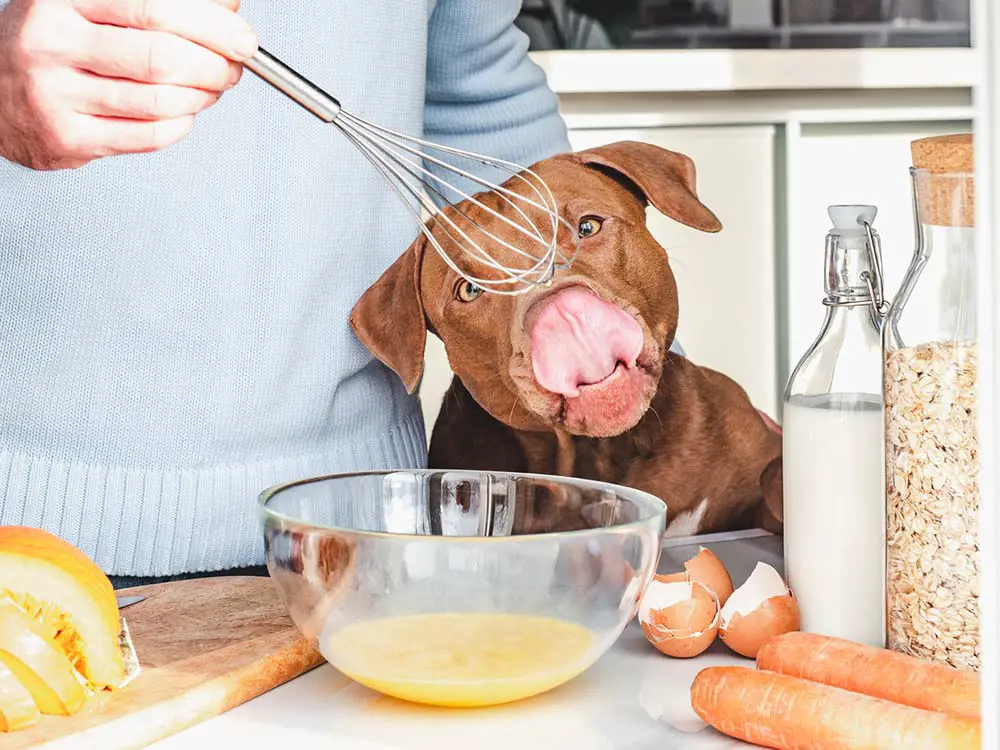For many of us, the day doesn’t truly begin until that first sip of coffee touches our lips. The rich aroma and stimulating effects of caffeine can help kickstart our morning routine. However, for some individuals, that initial cup of joe comes with an unexpected side effect: frequent trips to the restroom. If you’ve ever found yourself wondering, “Why does coffee make me pee every 5 minutes?” you’re not alone. In this article, we’ll delve into the science behind this phenomenon and explore the various factors that contribute to coffee-induced frequent urination.
The Coffee Conundrum
Before we dive into the science, it’s essential to acknowledge that not everyone experiences the urge to urinate after drinking coffee. Some individuals can consume several cups of coffee without any noticeable impact on their bladder, while others may feel like they’re making a beeline to the restroom after every sip. The reason behind this discrepancy lies in the complex interplay of several physiological and biochemical factors.
Caffeine: The Culprit
The primary offender responsible for coffee-induced frequent urination is caffeine. Caffeine is a natural stimulant found in coffee, tea, chocolate, and various other beverages and foods. It has a diuretic effect, which means it increases urine production and can lead to more frequent urination.
When you consume caffeine, it stimulates your central nervous system, releasing hormones like adrenaline. This hormone not only makes you feel more alert and awake but also signals your kidneys to increase urine production. Consequently, you’ll find yourself needing to urinate more often, especially shortly after consuming a caffeinated beverage.
Gastrointestinal Factors
While caffeine is a significant contributor to frequent urination after coffee consumption, there are other factors at play. The acidity of coffee can irritate the stomach lining and lead to gastrointestinal distress in some individuals. This irritation can cause an urgency to empty the bladder as the body tries to eliminate excess waste and irritation.
Additionally, the warmth of the coffee may relax the muscles in your gastrointestinal tract, which can indirectly affect your bladder. This relaxation can lead to increased pressure on the bladder and contribute to the sensation of needing to urinate more frequently.
Individual Sensitivity
Individual sensitivity to caffeine varies widely. Some people are more prone to experiencing the diuretic effects of caffeine than others. Genetics, age, and overall health can influence how your body processes and responds to caffeine. Some individuals may metabolize caffeine quickly and efficiently, while others may be more susceptible to its effects.
Furthermore, if you are already prone to bladder sensitivity or have a medical condition such as interstitial cystitis, caffeine can exacerbate urinary symptoms, leading to even more frequent urination.
Habituation
Your body can build a tolerance to caffeine over time, which means that regular coffee drinkers may experience fewer diuretic effects as their bodies adapt to the stimulant. This adaptation might explain why some people who consume coffee daily do not experience the same urgency to urinate as occasional coffee drinkers.
How Much Caffeine Is in Coffee?
To better understand why coffee makes you pee so frequently, it’s essential to know how much caffeine is typically found in a cup of coffee. The caffeine content in coffee can vary depending on factors such as the type of coffee beans used, the brewing method, and the serving size. On average:
Espresso: A single shot of espresso contains approximately 63 milligrams (mg) of caffeine.
Black Coffee: An 8-ounce (240 ml) cup of brewed coffee typically contains between 95-200 mg of caffeine.
Instant Coffee: A teaspoon of instant coffee contains around 31 mg of caffeine.
Decaffeinated Coffee: Decaf coffee usually contains about 2-5 mg of caffeine per 8-ounce cup.
With these numbers in mind, it becomes evident that the caffeine content in a cup of coffee can vary significantly. Consequently, the diuretic effects may vary as well, depending on the strength and quantity of coffee consumed.
Coffee and Hydration
Contrary to popular belief, coffee does not necessarily lead to dehydration, even though it has diuretic properties. Research suggests that the net hydration effect of drinking moderate amounts of coffee is generally neutral. While caffeine may increase urine production, the fluid content of coffee still contributes to your overall hydration.
However, it’s crucial to note that excessive coffee consumption or using caffeine as a substitute for water can lead to dehydration. Drinking water alongside your coffee or alternating between coffee and water can help maintain proper hydration levels.
Managing Coffee-Induced Frequent Urination
If you’re bothered by the frequent urination caused by coffee but still want to enjoy your daily brew, there are several strategies you can employ:
Limit Your Caffeine Intake: Consider reducing the amount of caffeine you consume in one sitting. Opt for smaller cup sizes or choose decaffeinated coffee if you’re particularly sensitive to caffeine’s diuretic effects.
Stay Hydrated: To counteract the diuretic effects of coffee, ensure you drink enough water throughout the day. Balancing coffee consumption with adequate hydration is essential for overall well-being.
Time Your Coffee Intake: If you find that coffee makes you pee too frequently, avoid consuming it close to important meetings or activities where frequent bathroom trips could be inconvenient.
Experiment with Brewing Methods: The caffeine content in your coffee can vary depending on the brewing method. Experiment with different brewing techniques to find the one that affects your bladder the least.
Monitor Other Diuretics: Be aware of other diuretic substances you may consume, such as alcohol or certain medications, as they can compound the diuretic effects of caffeine.
Consult a Healthcare Professional: If you experience severe urinary urgency or discomfort after consuming coffee or other caffeinated beverages, consider consulting a healthcare professional. You may have an underlying medical condition that needs attention.
The frequent urge to urinate after drinking coffee is a common experience for many individuals, primarily due to the diuretic effects of caffeine. However, it’s important to remember that not everyone reacts the same way to coffee, and individual sensitivity varies widely. Understanding the science behind coffee-induced frequent urination can help you make informed choices about your coffee consumption and manage any related discomfort.
Ultimately, enjoying a cup of coffee doesn’t have to be a constant battle with your bladder. By moderating your caffeine intake, staying hydrated, and being mindful of your body’s signals, you can savor your daily brew without frequent trips to the restroom interrupting your day.
Exploring Alternatives and Moderation
For those who find that coffee consistently leads to frequent urination or discomfort, it may be worth considering alternative beverages that are lower in caffeine or non-caffeinated. Here are some options to explore:
Tea: Many types of tea offer a gentler source of caffeine compared to coffee. Herbal teas, in particular, are caffeine-free and come in various flavors and blends, providing a satisfying and hydrating alternative.
Decaffeinated Coffee: If you enjoy the taste of coffee but wish to minimize the diuretic effects of caffeine, consider switching to decaffeinated coffee. It offers the same coffee flavor without the stimulating properties of caffeine.
Water: While it may not provide the same flavor and warmth as coffee, water is the ultimate hydrating beverage. Sipping water throughout the day can help maintain proper hydration levels without the diuretic effects of caffeine.
Alternative Coffee Drinks: Some coffee shops and cafes offer alternative coffee drinks that are lower in caffeine or contain no caffeine at all. These include options like decaf lattes, herbal coffee substitutes, or coffee blended with non-dairy milk.
Cold Brew: Cold brew coffee is known for its smoother and less acidic taste compared to hot brewed coffee. It may be gentler on the stomach for some individuals and can be diluted with water to reduce caffeine concentration.
Remember that it’s essential to listen to your body and make choices that align with your preferences and sensitivities. Coffee is a beloved beverage for many, but it’s not the only option available, and there are numerous flavorful alternatives to explore.
The phenomenon of frequent urination after drinking coffee is a common occurrence for many individuals, primarily due to the diuretic effects of caffeine. However, it’s important to recognize that individual sensitivity to caffeine can vary widely, and not everyone will experience the same level of urgency.
For those who do find coffee-induced frequent urination bothersome, there are strategies to manage and mitigate this effect. Moderating caffeine intake, staying hydrated, and exploring alternative beverages are effective ways to enjoy coffee while minimizing its impact on your bladder.
Ultimately, the science behind why coffee makes you pee every 5 minutes is a combination of caffeine’s diuretic properties, individual sensitivity, and various physiological factors. By understanding these factors and making informed choices, you can continue to enjoy your daily cup of coffee without the inconvenience of frequent restroom visits.


















